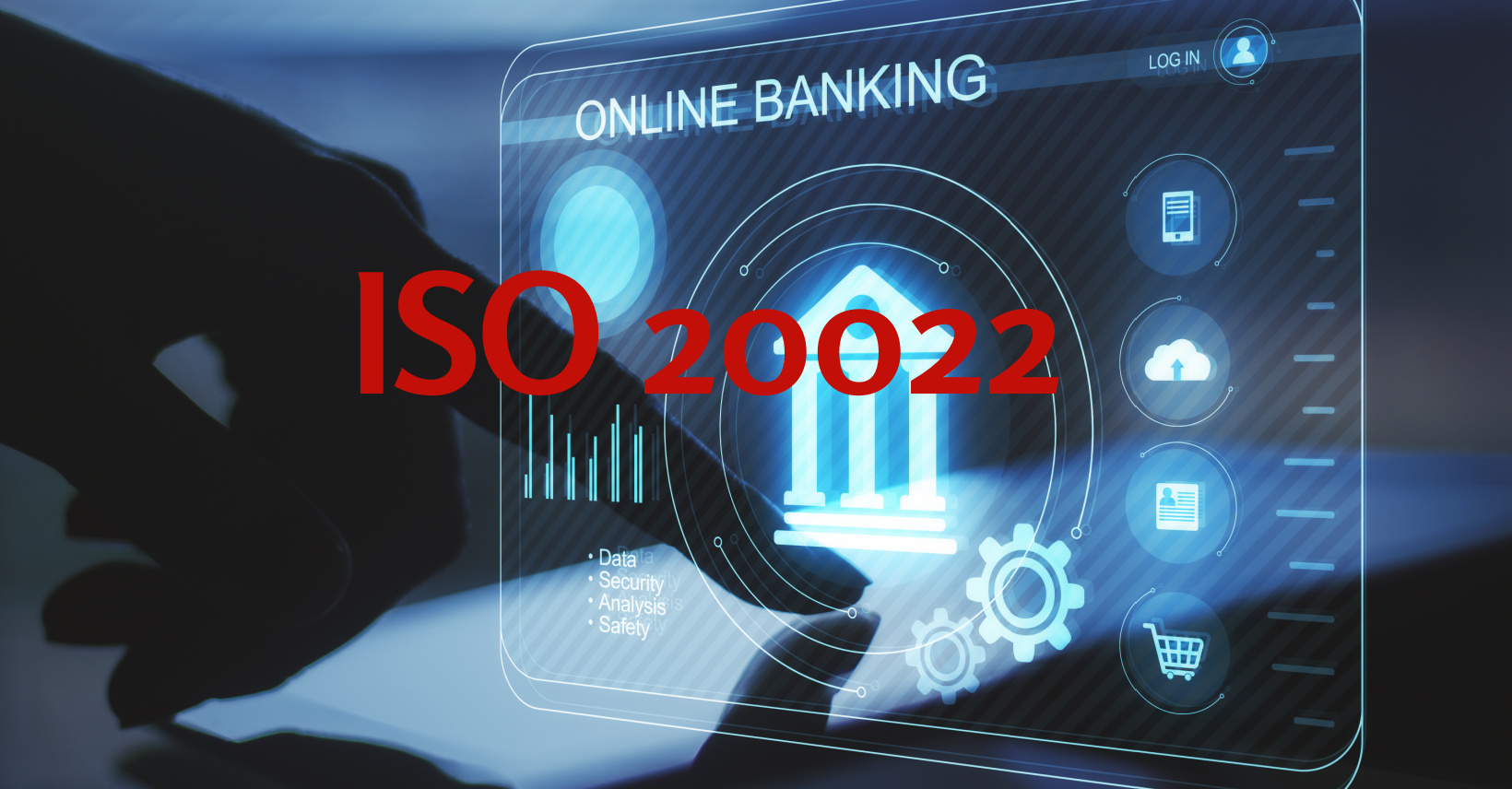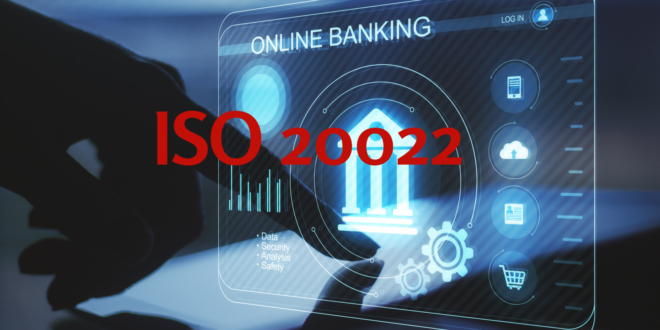
[ad_1]
by Nick Botha, Global Payments Sales Manager, AutoRek
The end of 2022 saw the start of the mandatory migration to ISO 20022 – the open global standard for the exchange of payments messages. From now on, organizations within the SWIFT community must comply with new cross-border payments and reporting.

Most payment firms around the globe send and receive messages in different formats. Previously, each organization determined how they format that data, creating many intermediaries and requiring different setups.
ISO 20022 should simplify this process with a common language for payments worldwide, facilitating the seamless cross-border activity required in today’s globalized, digitized economy. It also aims to standardize and enrich payment data.
While November marked the start of mandatory migration, the standard itself is not new. It already operates in over 70 countries, with many firms adopting ISO 20022 early. But, as with any new regulation, firms that have yet to adopt the standard have two choices: the first is to look at it as another mandatory burden that will have a short-term impact on the bottom line. The second and most helpful is viewing it as an opportunity with long-term, transformational effects.
By harmonizing global payment systems and enabling straight-through processing (STP), ISO 20022 eliminates a number of the common sticking points and manual inputs in financial transactions. It enables faster, more efficient and more accurate data exchange, which will have long-term benefits for all involved.
The benefits of ISO 20022

By implementing a singular language, ISO 20022 offers significant flexibility to payments firms, making them more responsive and resilient to market shocks, economic shifts and emerging technologies. This will create a global harmonization within payment systems and infrastructure on a scale not previously seen.
Another impact of ISO 20022 is better quality data. Not only will this enhance fraud detection and prevention in payments, but it will also promote competition and innovation in the sector to benefit end consumers, businesses and national economies. Additionally, the new standard provides the basis for enriched data and advanced analytics – a vital capability for data-driven decision-making.
Challenges of implementation
Updating how data is handled is a major undertaking, as are standardizing data sets and adding new complex data formats to the mix. This has to be managed carefully and precisely to prevent false or inaccurate data from sneaking into systems and creating new problems.

ISO 20022 will impact internal workflows, as payment firms need to upgrade infrastructure to handle the enriched data running through their systems. This could, in turn, affect those downstream of the primary payment platform. In addition, with larger data sets and analytics demanding greater computational power, there is also a risk that the speed at which data is processed becomes unacceptably slow.
While all this is going on internally, payment processors must ask if changes to the external landscape – whether it expands through the arrival of new entrants or contracts, thanks to consolidations – need to be taken into account. And, crucially, how ISO 20022 will affect existing relationships with banks, customers and other participants in an organization’s payments ecosystem.
Transition and implementation
At its core, ISO 20022 is a change in messaging format. However, that should not affect the number of transactions undertaken or the number of people undertaking them. Once the transition is complete, it should not radically shift either revenues or the volume of transactions in the market.

What it will do is impact the infrastructure. Firms should first establish the best possible processes and systems for transitioning to and then operating in an ISO 20022-compliant environment in the back office. They should then move the setup through the middle to the front office. This is by far the most efficient and least disruptive path to implementation.
While a change of this nature is often viewed through the lens of the front office and the consequences on the bottom line, complying with new standards is costly from a monetary and time perspective. These costs are often cited as a reason to delay the transition for as long as possible. That said, fines for non-compliance could put a dent in the bottom line and are likely to outweigh any investment made to transition systems, people and processes to ISO 20022.
With the proper preparation and the right path in 2023, the mandatory transition can occur at the lower end of the pain threshold. Get that wrong, and the process could induce far more headaches, costs, and delays than is either necessary or healthy.
About the Author

Nick Botha is Global Payments Sales Manager at AutoRek,an award-winning global platform for financial controls and regulatory data management. He manages business relationships and solutions for the company’s global payment clients. Nick previously worked in client relations, business development, and private banking with Investec.
Recent PaymentsNEXT news
2023 Payment industry leader predictions – Part 1
2023 Payment industry leader predictions – Part 2
[ad_2]






